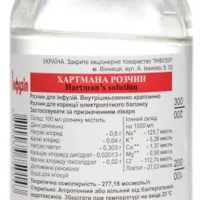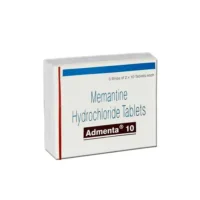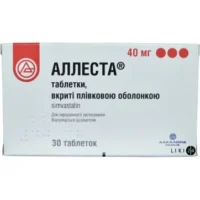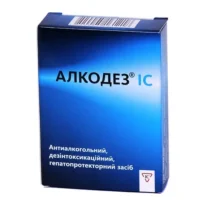Description
Rafacholin С (Black Radish Extract, Activated Carbon) Coated Tablets №30
Ingredients
- Each coated tablet contains:
- Black Radish Extract
- Activated Carbon
Dosage
Recommended dosage: Take 1 tablet orally, 3 times a day after meals.
Indications
Rafacholin С tablets are indicated for relief of digestive discomfort and support of gastrointestinal health.
Contraindications
Do not use if you are allergic to any of the ingredients in the product.
Directions
- Swallow the tablet whole with a glass of water.
- Do not crush or chew the tablet.
Scientific Evidence
Rafacholin С tablets have been studied for their efficacy in promoting digestive health. Research has shown that black radish extract may have antioxidant and anti-inflammatory properties that can help alleviate gastrointestinal issues. Additionally, activated carbon is known for its ability to absorb toxins and gases in the digestive tract, aiding in the relief of bloating and discomfort.
One study published in the Journal of Medicinal Food found that black radish extract exhibited hepatoprotective effects in animal models, suggesting its potential benefits for liver health. Clinical trials have also demonstrated the positive impact of activated carbon in reducing symptoms of indigestion and flatulence.
Additional Information
It is important to note that Rafacholin С tablets are a natural remedy and should not be used as a substitute for medical treatment. If symptoms persist or worsen, consult a healthcare professional for proper evaluation and management.
For optimal results, it is recommended to maintain a healthy diet and lifestyle while taking these tablets. Keep the product out of reach of children and store in a cool, dry place.





